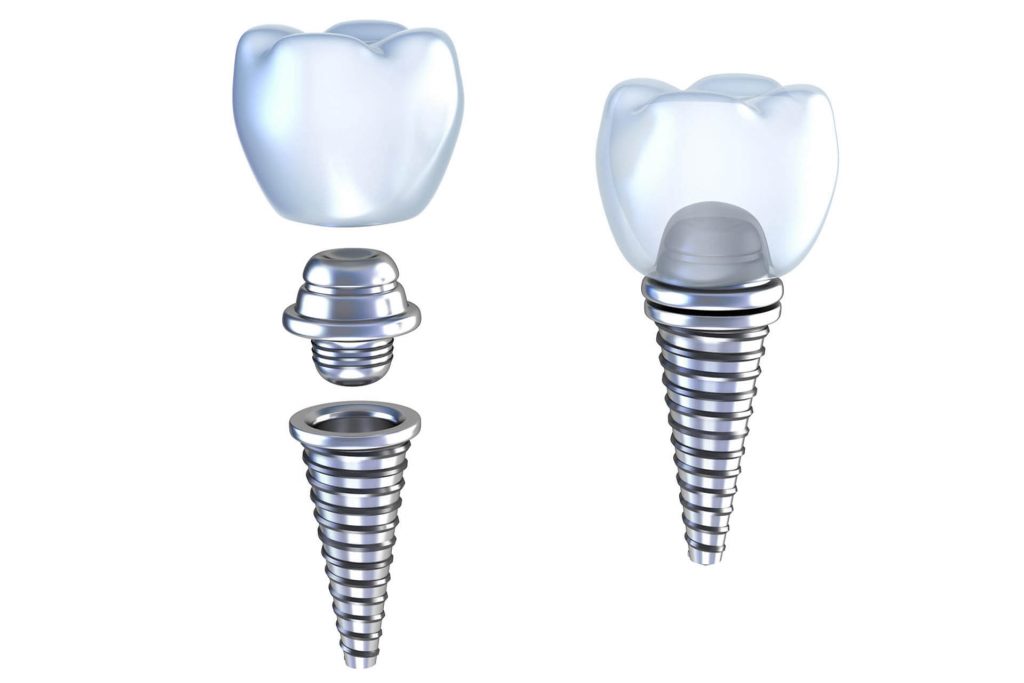Dental implants are a popular, effective solution for tooth loss, improving functionality and appearance. Unlike temporary options, implants are surgically placed into the jawbone, providing a strong, lasting foundation for replacement teeth. Whether you are missing one tooth or several, implants offer a reliable way to restore your smile and oral health. This article explains how implants function and why they are a long-term solution.
Dental Implants: What Are They and How Do They Work?
Dental implants are artificial tooth roots made from materials such as titanium, known for its durability and biocompatibility. They are surgically placed into the jawbone and designed as a base for crowns, bridges, or dentures. Over time, the implant fuses with the jawbone through osseointegration, which helps it remain securely in place.
Once the implant is stabilized, an abutment is attached to it. This serves as a connector that securely holds a custom-made crown or other prosthetic tooth replacement. The final result is a fully functional tooth that looks and feels natural. Implants, not only address gaps left by missing teeth but also help maintain the structure of the jaw and surrounding teeth. Their durability and design make them an effective solution for those seeking to replace lost teeth with long-term results.
Who Is a Good Candidate for Dental Implants?
A dental professional typically assesses the overall condition of your oral health to determine whether implants are suitable. Healthy gums and sufficient jawbone density are two key factors supporting the placement and stability of an implant. Bone loss in the jaw can often be addressed through additional procedures, such as bone grafting, extending this option to a broader range of patients.
Implants require regular care, such as brushing and flossing, and may be particularly beneficial for those who maintain good oral hygiene habits. Lifestyle habits, like smoking or chronic conditions such as diabetes, may affect healing time, but they do not necessarily rule out implants as an option. Dental professionals may recommend implants to individuals with fully grown jawbones and no ongoing oral infections.
Why Are They a Long-Term Solution?
Dental implants are distinguished by their durability and ability to integrate with the natural bone, making them a lasting replacement option. Unlike dentures or bridges, which may need to be replaced every few years, implants are designed to stay in place for decades with proper care. This is partly because the fusion process with the jawbone creates a stable anchor that resists wear.
Another advantage is that implants mimic the function of natural teeth. They allow individuals to chew, speak, and smile confidently without concerns about movement or discomfort. Implants also help prevent the bone loss that can occur when teeth are missing, supporting the overall structure of the jaw.
READ MORE : How to Choose the Right Facial for Your Skin Type
Discuss Implants with a Dental Provider Today
Missing teeth can affect your confidence and oral health, but solutions like dental implants effectively address these issues. To learn more, schedule a consultation with a dental provider. A professional can guide you through the evaluation process, explain the steps involved, and help you achieve your goals for a stronger, healthier smile.
